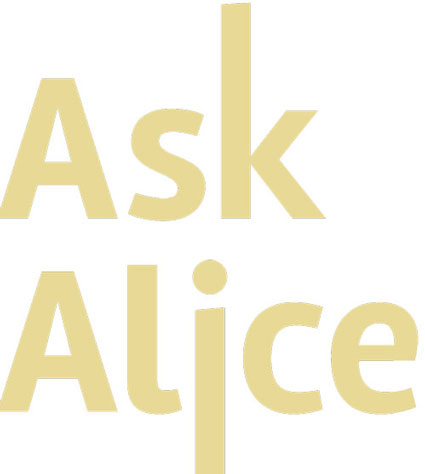Most of my prior work experiences have been confidential in nature or covered by nondisclosure agreements. How can I elaborate on my skills and experiences in an interview without revealing sensitive information or appearing evasive?

In these situations, remember that it’s better to appear evasive than to breach a legal contract! Ahead of any interviews where this may be a concern, make sure you understand what information you are and are not allowed to share. This might require reading through the full details of your contract, or consulting with a legal professional. If you do find yourself restricted from being able to share some of your best work, know that there are still ways to highlight your skills and make a great impression.
A key to success will be setting the right expectations with your interviewer. Early in the interview, be upfront that you’re not at liberty to discuss certain experiences. Ahead of the interview, you’ll want to reflect on any experiences you’ve had that can be shared openly. Even if they don’t demonstrate the most challenging problems you’ve solved, you will at least have some examples to discuss in detail. You can even preface with, “I’ve solved similar problems at much higher levels of complexity, but since I can’t disclose those, I wanted to provide this relevant example.”
If the questions you’re asked are more behavioral, you can highlight your leadership and people skills by focusing on how you’ve responded to common workplace scenarios without sharing the underlying business context. For example, you can talk about how you resolved a team conflict without divulging what the conflict was about. You can talk about how you de-escalated and resolved an urgent situation, without discussing the details. In these examples, you’ve demonstrated soft skills such as effective communication and remaining calm under pressure, without bringing up sensitive information.
If the questions are meant to gauge your technical expertise, you have two options. If you are far enough in your career to have worked with a variety of clients or companies, you can “anonymize” the problems you’ve solved by stripping them down to engineering fundamentals. Across any industry, there are recurring patterns and problems to solve. With this approach, you would remove the context of when and why you had to solve a problem, and instead focus on what core engineering challenge you solved. The downside here is you may not be permitted to talk about how you solved the problem, or the business impact that you had.
That brings us to the second option. This can be used as a follow-up to the first approach, in case your interviewer wants to see more proof in your ability to solve a specific problem. This course of action can also be used on its own if you have limited experience to the point where any example you talk about can easily be tied back to a specific entity. In this scenario, you can ask the interviewer to propose a hypothetical technical challenge for you to solve. Not only does this remove the risk of disclosing prior experiences, but it also allows the interviewer to come up with a scenario that is relevant to their domain. This in turn allows you to demonstrate your problem-solving skills in a way that directly relates to the role for which you’re applying.
As a longer-term proactive measure, especially if you plan to remain in a field that requires confidentiality, you can opt to create an independent portfolio of work not bound by any third-party agreements. For example, software engineers who can’t discuss the algorithms they develop for their employer can contribute to open-source projects so that future employers can look at public examples of their work.
On a more cautionary note: If you feel continued pressure from your interviewer to disclose sensitive information, stand your ground! This could be a potential red flag for the company or institution that is interviewing you. At best, this demonstrates gaps in professionalism and interviewer training. At worst, the interview may be a false pretense for the sole purpose of gathering proprietary information. Standing firm and not sharing confidential information shows that you are trustworthy — a trait that any organization with high ethical standards will value in a future hire.
Are you a collegian or young professional looking for advice on a personal or professional matter?
Submit your questions to “Ask Alice.” Individual members of the SWE editorial board will answer questions on a rolling basis, drawing from their own experiences, insights, and expertise.
Sarvenaz Myslicki, an avid SWE member for more than 10 years, provided the answer to this question. She has held leadership positions at the section and Society levels and currently serves as chair of the editorial board. A vice president of engineering at American Express, Myslicki holds a B.S. and M.S. in computer science, as well as an executive MBA.

